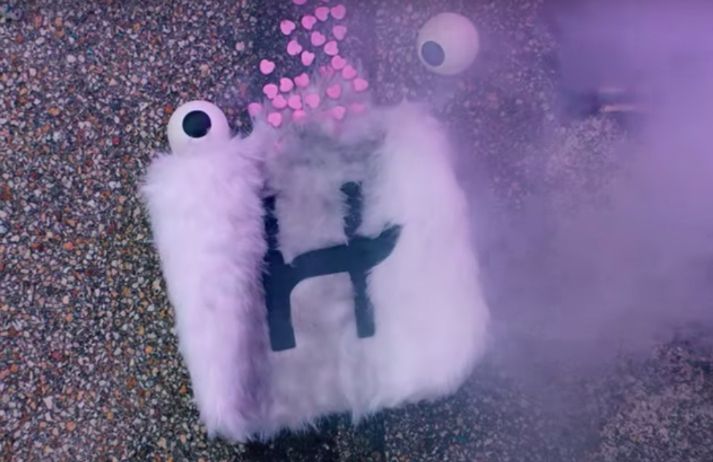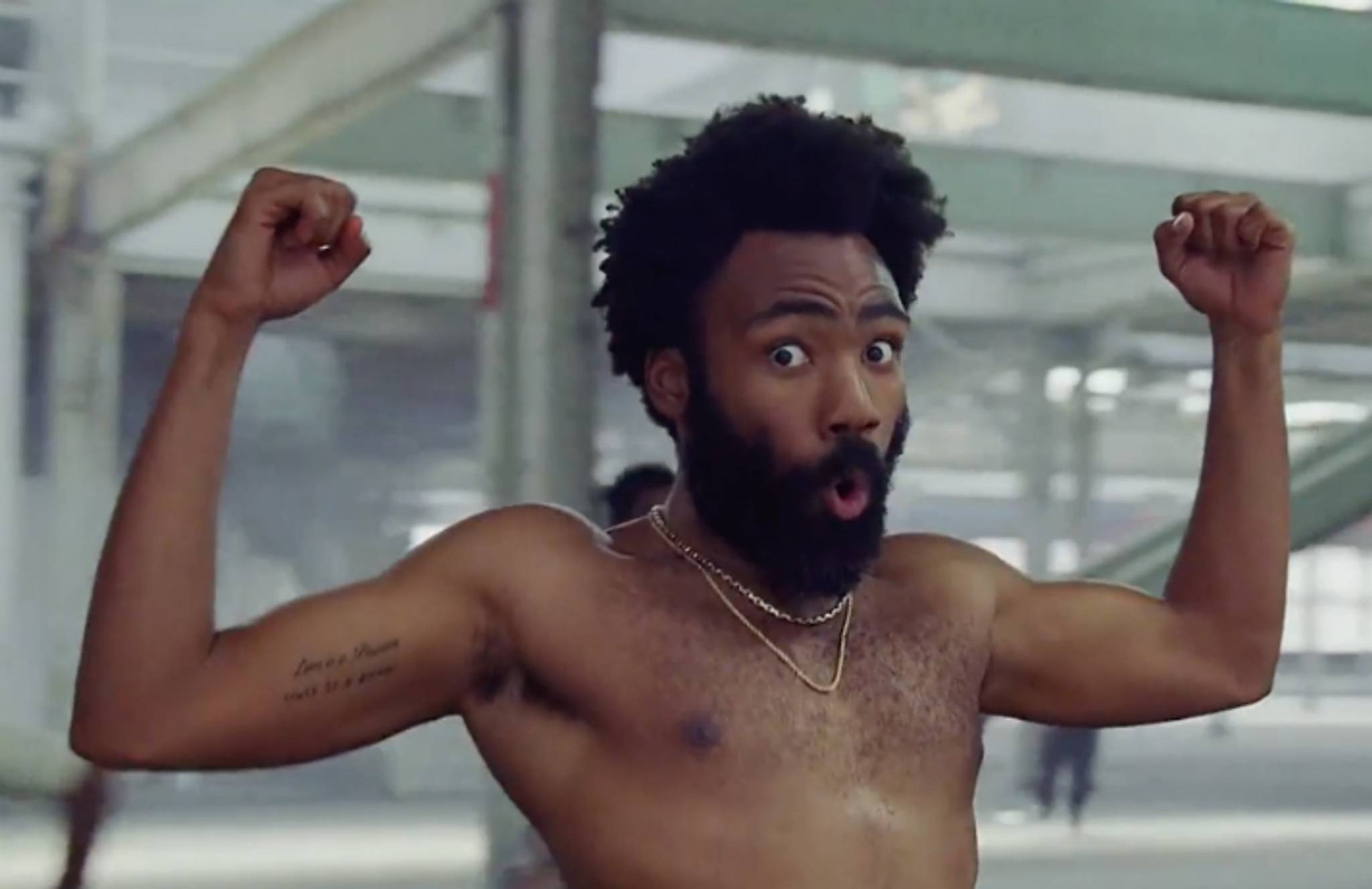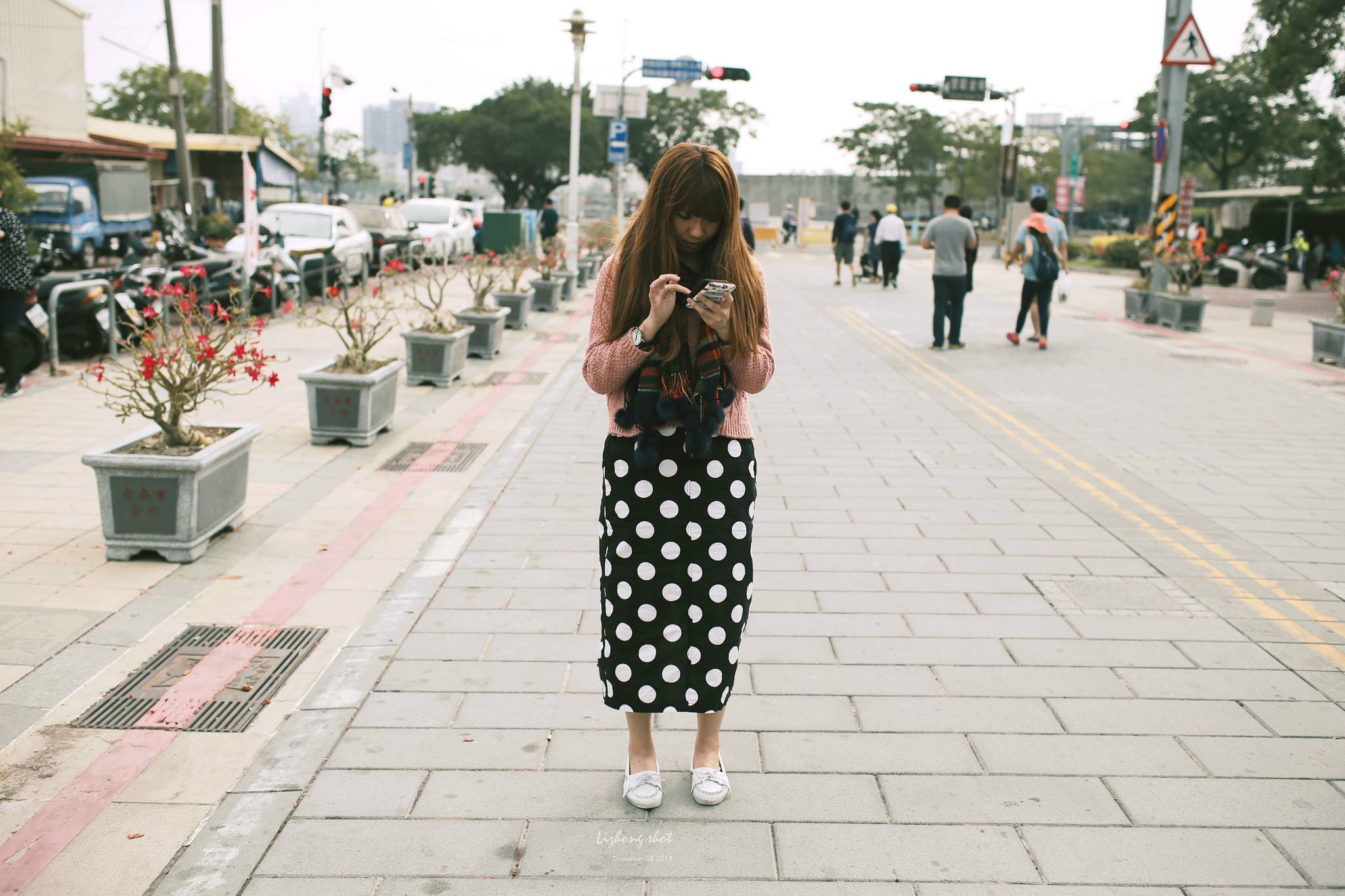
Rather than trying to sex up the online dating scene, Hinge has released a funny and self-aware ad where its mascot dies every time a match is made. By acknowledging and offering a lighthearted response to online dating apathy, the brand demonstrates that it has its users' best interests at heart. We explore the insights behind Hinge’s honest take on online dating, and why taking on your own achilles heel might be the secret ingredient when it comes to connecting with increasingly skeptical audiences.
Hinge’s ‘Designed to Be Deleted’ ad encourages users to find love on the app – and then delete it forever. The ad stars ‘Hingie’, the furry Hinge mascot, who gets killed off in ridiculous ways each time two Hinge users fall in love – from being attacked by pigeons to burned in a campfire. It demonstrates that Hinge is happy to take a swipe at its own mortality with the messaging, ‘Find each other. Make us go extinct’. “We get it. Hinge users want to get off dating apps and into a relationship,” says Hinge chief marketing officer Nathan Roth. “I hope the campaign inspires even more singles to join Hinge and meet someone worth deleting the app for.”
In an age of endless swiping and too much screen time, dating app apathy is on the rise. With 43% of daters admitting to lying online, and reports suggesting 11% of online daters are married when using the apps, the pitfalls of online dating culture have given rise to new terms such as “catfishing” and “ghosting” that reflect the frustrations that many users feel when trying to find love online.

Yet despite reports that roughly 56% of adults view dating apps and services either somewhat or very negatively, people are now more likely to report meeting their significant other online (19%) than they are through a friend (12%) and with the global online dating market projected to be worth $12 billion by next year, it would appear that whether through enthusiasm or exasperation, the motivation for using online apps is yet to fade.
However, in a competitive market, reluctance does not breed loyalty and with only 3% of the global population believing that big businesses are honest and transparent, there is a growing desire for brands to tell it like it is. Rather than glamorising or trying to sex up the online dating game, by recognising the reluctance that people often feel when turning to apps to find love, Hinge’s self-deprecating campaign taps into a demand for brands to connect with, rather than simply sell to, their audiences. From Amazon’s 2019 superbowl ad which toook a swipe at Alexa to Sprite’s self-aware slating of its celebrity sponsorship, sometimes a light hearted dig at your own downfalls lets audiences appreciate a brand’s humility.
Matilda Ruck is a Junior Behavioural Analyst at Canvas8. She has a degree in Politics and Philosophy as well as a foundation in psychotherapy. She's passionate about exploring the interplay between creativity, psychology, and culture. Outside of work, you can find her writing short stories, tending to her ginger cat Thomas O’Malley, or oscillating between yoga and karaoke practice.



